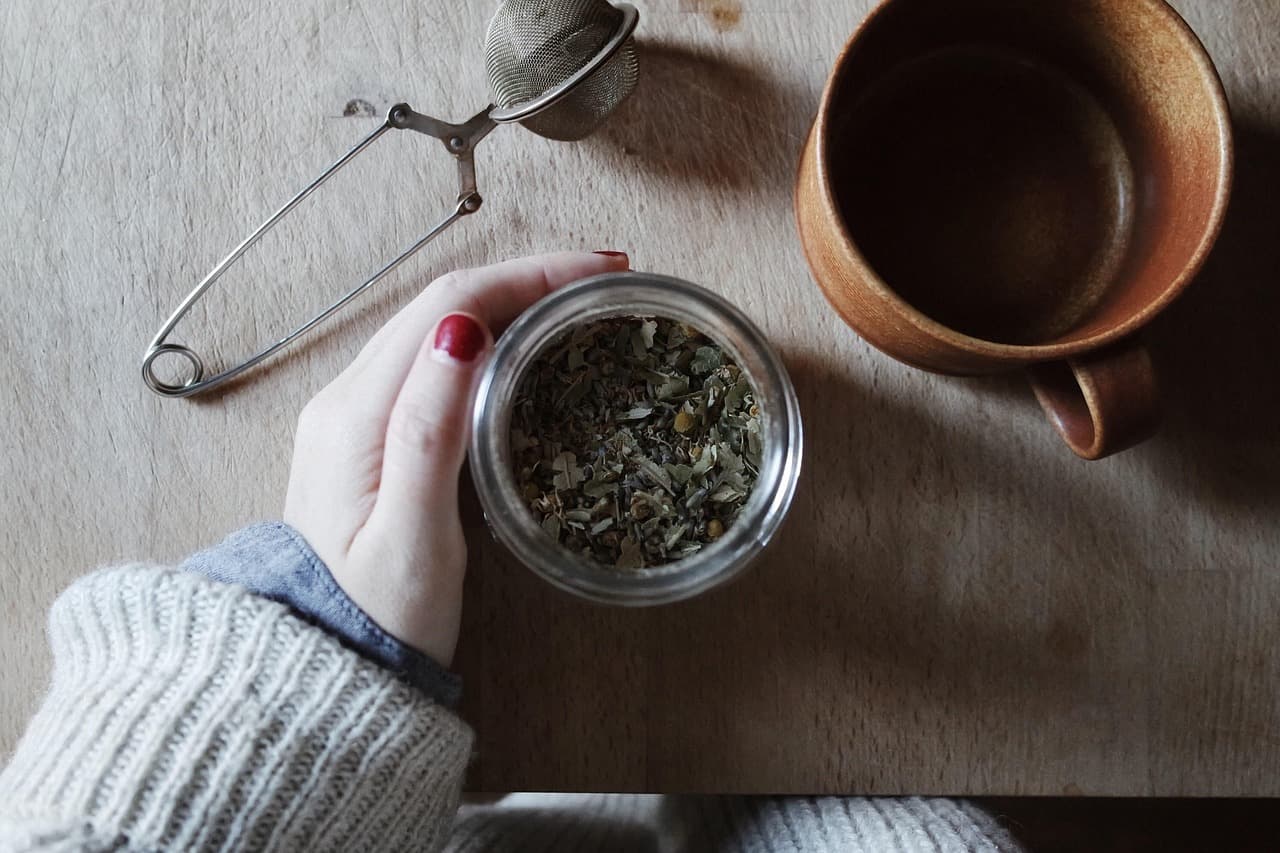Conquer Persistent Leg Cramps: Easy Solutions for All-Day Comfort

Table Of Content
- The Mystery of Leg Cramps: Day or Night
- Effective Remedies for All-Day Leg Cramp Relief
- 1. Stretch Regularly
- 2. Hydrate Consistently
- 3. Keep Your Electrolytes in Check
- The Role of Quinine in Managing Persistent Leg Cramps
- How Does Quinine Work?
- Quinine: The Upsides and Downsides
- Other Remedies for Day and Night Cramp Relief
- 4. Magnesium Supplements
- 5. Compression Garments
- 6. Heat and Massage Therapy
- Everyday Habits to Prevent Leg Cramps
- Stay Active but Rest Smartly
- Avoid Prolonged Sitting or Standing
- Choose Comfortable Footwear*
- When to Seek Medical Advice
- Stop Letting Leg Cramps Take Over
The Mystery of Leg Cramps: Day or Night
Leg cramps don’t follow a schedule—they can hit when you’re relaxing on the couch, mid-workout, or even standing at work. These sudden muscle spasms, often centered in the calves or thighs, can range from mildly uncomfortable to intensely painful.
While nighttime cramps get much of the attention, daytime leg cramps are just as common and often linked to dehydration, overuse, or prolonged sitting. The good news? There are practical, proven ways to manage them no matter when they strike.
Effective Remedies for All-Day Leg Cramp Relief
If leg cramps are cramping your style, here are the most reliable strategies to prevent and manage them:
1. Stretch Regularly
Stretching isn’t just for mornings or workouts. Make it a habit to stretch throughout the day to keep your muscles limber and reduce the likelihood of spasms. Simple moves like calf raises or hamstring stretches can help.
2. Hydrate Consistently
Dehydration is a leading cause of leg cramps. Sipping water throughout the day—especially if you’re active or live in a hot climate—can make a significant difference.
3. Keep Your Electrolytes in Check
Electrolytes like potassium, magnesium, and calcium are essential for muscle health. Bananas, avocados, nuts, and dairy products are excellent dietary sources. Alternatively, an electrolyte drink can quickly restore balance after intense activity.
The Role of Quinine in Managing Persistent Leg Cramps
For those experiencing severe or frequent cramps, quinine might be worth exploring. While traditionally used to treat malaria, it has become a trusted option for managing stubborn muscle spasms, whether they occur during the day or at night.
How Does Quinine Work?
Quinine helps calm overactive muscle nerves, preventing cramps before they start. It’s commonly found in tonic water in small amounts but can also be prescribed in higher doses for more persistent cases.
Quinine: The Upsides and Downsides
While many find relief with quinine, it’s not for everyone. Potential side effects include nausea, headaches, or dizziness. As with any treatment, consult a healthcare provider to determine if it’s the right option for you.
Other Remedies for Day and Night Cramp Relief
If quinine doesn’t fit your needs or you’re looking for additional solutions, consider these options:
4. Magnesium Supplements
Known for its muscle-relaxing properties, magnesium can be taken as a supplement or applied topically via creams or sprays for targeted relief.
5. Compression Garments
Compression socks or sleeves are not just for athletes—they can improve circulation and reduce muscle fatigue, especially if you’re standing or sitting for long periods.
6. Heat and Massage Therapy
Applying a heating pad or gently massaging the affected area can alleviate cramping on the spot and improve blood flow to tight muscles.
Everyday Habits to Prevent Leg Cramps
Sometimes, preventing leg cramps is as simple as tweaking your daily routine:
Stay Active but Rest Smartly
A balance of movement and rest is essential. Too much exercise can lead to overworked muscles, while too little can reduce circulation. Mix in activities like walking or swimming with proper recovery time.
Avoid Prolonged Sitting or Standing
If your work requires extended periods of sitting or standing, take breaks every hour to stretch or move around. These small adjustments can make a big difference.
Choose Comfortable Footwear*
High heels or unsupportive shoes can strain your muscles, increasing the likelihood of cramps. Opt for shoes with proper arch support, especially if you’re on your feet often.
When to Seek Medical Advice
While most leg cramps are harmless, frequent or severe episodes could signal an underlying condition like nerve damage, poor circulation, or a mineral imbalance. If cramps interfere with your daily life, consult a healthcare professional to rule out more serious issues.
Stop Letting Leg Cramps Take Over
Daytime or nighttime, leg cramps don’t have to control your schedule. By staying proactive with hydration, stretching, and balanced nutrition, you can significantly reduce their frequency. Whether you explore remedies like quinine or stick to lifestyle changes, relief is within reach—at any hour.
Recommended Product

Herbalicious Quinine
Natural herbal supplement to relieve leg cramps and support overall wellness





